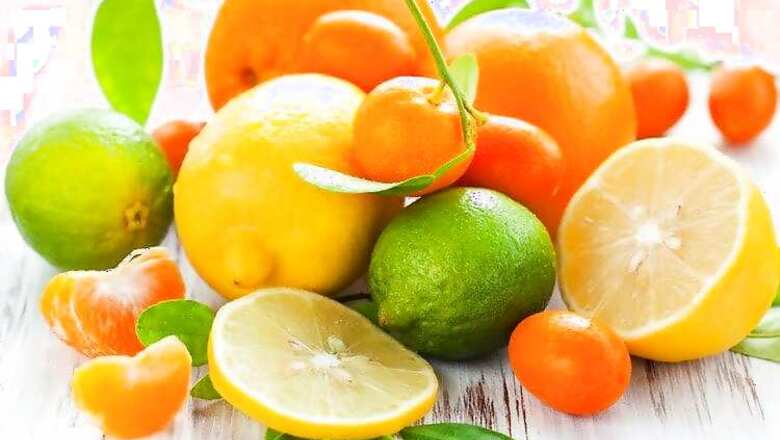
views
Vitamins are vital nutrients required for the proper functioning of the body. They are found abundantly in plants. Vitamins A, C and E are antioxidants which neutralise the damages caused by free radicals to our cell membranes, cell proteins and DNA, which lead to illness and ageing.
The eight B vitamins are thiamine (B1), riboflavin (B2), niacin (B3), pantothenic acid (B5), pyridoxine (B6), biotin (B7), folate (B9) and cyanocobalamin (B12). Vitamin B12 vegetarian sources include mushrooms, soy, whey and nutritional yeast among others.
B vitamins aid in the brain functions, the heart and the nervous system among other organs. They also make new red blood cells, enhance our immunity, manage healthy cholesterol levels and protect our skin. Vitamins D maintains the body’s calcium and phosphate levels while K looks after blood clotting and wound healing. Below we take a look at a few sources of vitamins other than meat.
Vegetables
Dark leafy vegetables such as Spinach and Kale contain vitamins A, B, C and E. Carrots, Broccoli, cabbage, cauliflower, green peas, sweet potatoes, bell peppers, asparagus and pumpkins are especially rich in vitamins.
Fruits
Citrus fruits like oranges, lemons, limes and grapefruit contain vitamin C or ascorbic acid. It is an antioxidant which protects against free radical-induced cell damage and helps repair tissues, maintains bones and teeth, among other functions. Guava, pineapples, mangoes and berries are also rich in vitamin C, as are cherries.
Whole grains
Whole grains of wheat, rice, maize, barley and millet, have the bran, endosperm and the germ intact. They are high in vitamins B and E, minerals and fibre content. Milling and refining remove most of the vitamin. Processed and refined grains are, sometimes fortified with vitamins, but there is no significant evidence that it benefits consumer health.
Pulses
Pulses are dry legumes, which include lentils, a staple food in India. Masoor, Urad, Moong, Arhar, and Chana Dal are the staple pulses used in Indian kitchens. They are rich in the B vitamins like folate, thiamine and niacin.
Nuts
Peanuts, cashews, walnuts, almonds, pistachios, are also good sources of vitamins. These nuts are rich in vitamin E and B.
Read all the Latest News, Breaking News and Coronavirus News here
















Comments
0 comment